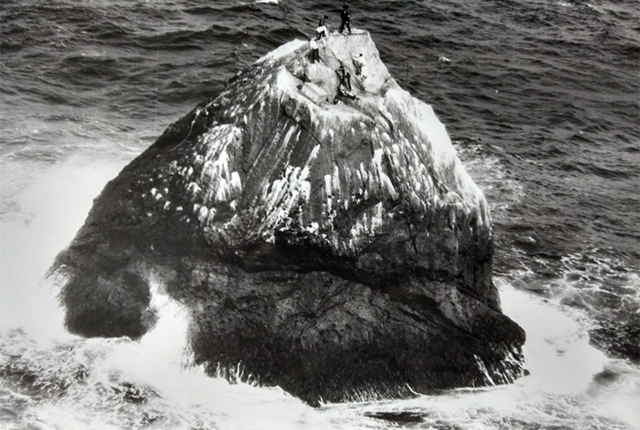Dick Merriman is a former geologist at BGS geologist and retired from service in 2004. In 1971, he was chosen as part of a team to land on Rockall, a small, uninhabited islet and Site of Special Scientific Interest (SSSI). Today, on the fiftieth anniversary of the expedition, Dick recounts his experience.
It was a dream start to a career in geology. A year after graduating I was selected by my employer, the British Geological Survey (then the Institute of Geological Sciences), to join an expedition to land on Rockall in the summer of 1971. The lone rock, which is just over 70 feet high, is the only subaerial part of a submerged microcontinent, the Rockall Plateau, which underlies the north-east Atlantic Ocean. The purpose of the expedition was to attach a flashing navigation beacon to the rock, which is surrounded by several dangerous reefs.
With fellow geologist Dr Jan Hawkes, I was part of a team that included army engineers, two Royal Navy helicopters and Royal Marine climbing experts, all on board the RFA Engadine. Jan and I had both been on a rock climbing course with the Marines and were trained to land from a helicopter.
My first sighting of Rockall was a complete surprise. At a distance it looked like a ship in full sail, but as we got closer I could see it was a pointed dome, covered in white guano. The climbing experts were the first to land and attach safety ropes. We geologists were on the next helicopter on 9 June 1971 and joined army engineers making a reconnaissance of the main landing place, Hall’s Ledge.
For the next 10 days Jan and I were on the rock for a few hours each day making a detailed map of variations in the unusual aegirine-riebeckite granite and taking samples for geochemical, petrological and age-dating analyses. We also made magnetic and radiometric measurements and, in 1972, I drilled small rock cores for paleomagnetic studies.
Age dating of Rockall and its surrounding reefs produced some unexpected results. Rockall is around 53 million years old and was probably part of a Tertiary volcano, similar to those found in the Inner Hebrides and the Atlantic island of St Kilda.
Helen’s Reef is about 3.3 km east of Rockall and named after the brigantine Helen that struck the reef in 1824 with the loss of 16 lives. Divers from the Institute of Oceanographic Sciences sampled the reef on the 1972 expedition. To our great surprise, age dating showed that Helen’s Reef was a basaltic rock formed in the late Cretaceous around 81 million years ago, substantially earlier than Rockall. These ages were the first to indicate that the crustal rifting that formed the North Atlantic Ocean began earlier than was previously suspected and led to the detachment of the Rockall Plateau from north-west Europe.
Rockall had one more hidden surprise for the geologists. Some two years after the 1971 landing I was using X-ray diffraction (XRD) techniques to examine mineral residues separated from the granite. One unusual XRD pattern kept appearing but I could not match it with any naturally occurring minerals. My colleagues, who were experts in crystallography and electron microscope techniques, got to work and discovered it was a new mineral, a barium-zirconium-silicate. We named it bazirite and 50 years on it has yet to be found in any rocks other than the Rockall granite.
For more information about the 1971 expedition, please visit the publication record details for Expeditions to Rockall 1971–72.
Latest blogs
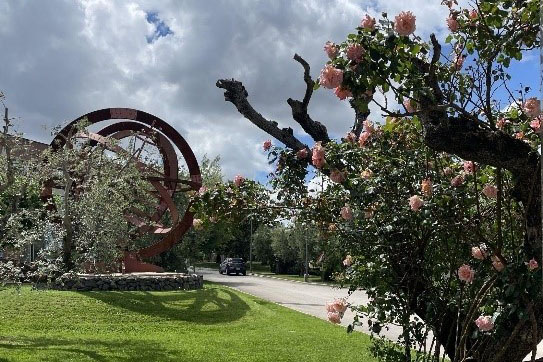
AI and Earth observation: BGS visits the European Space Agency
02/07/2025
The newest artificial intelligence for earth science: how ESA and NASA are using AI to understand our planet.
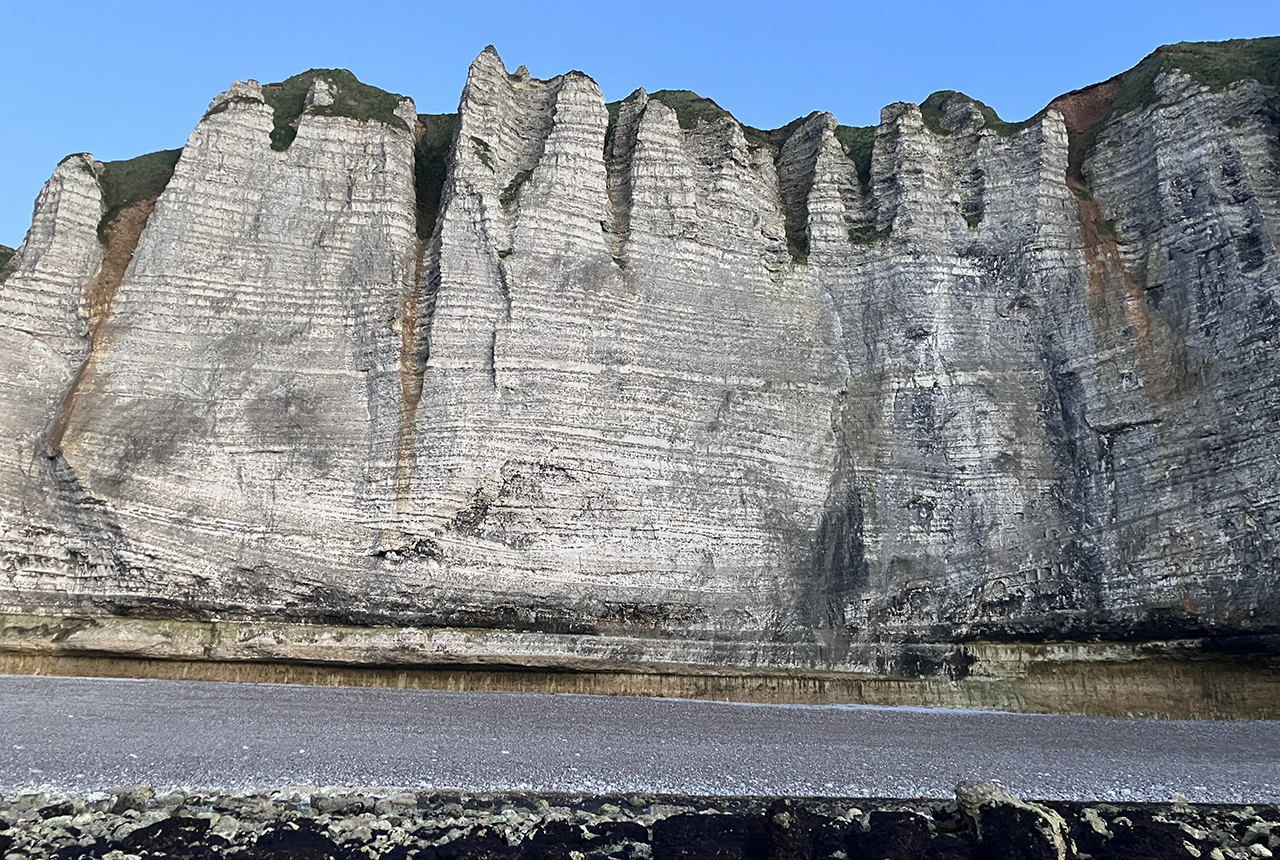
Geology sans frontières
24/04/2025
Geology doesn’t stop at international borders, so BGS is working with neighbouring geological surveys and research institutes to solve common problems with the geology they share.
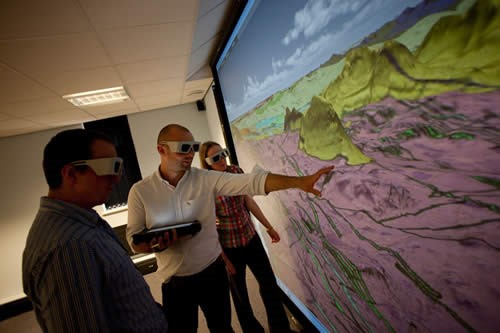
Celebrating 20 years of virtual reality innovation at BGS
08/04/2025
Twenty years after its installation, BGS Visualisation Systems lead Bruce Napier reflects on our cutting-edge virtual reality suite and looks forward to new possibilities.
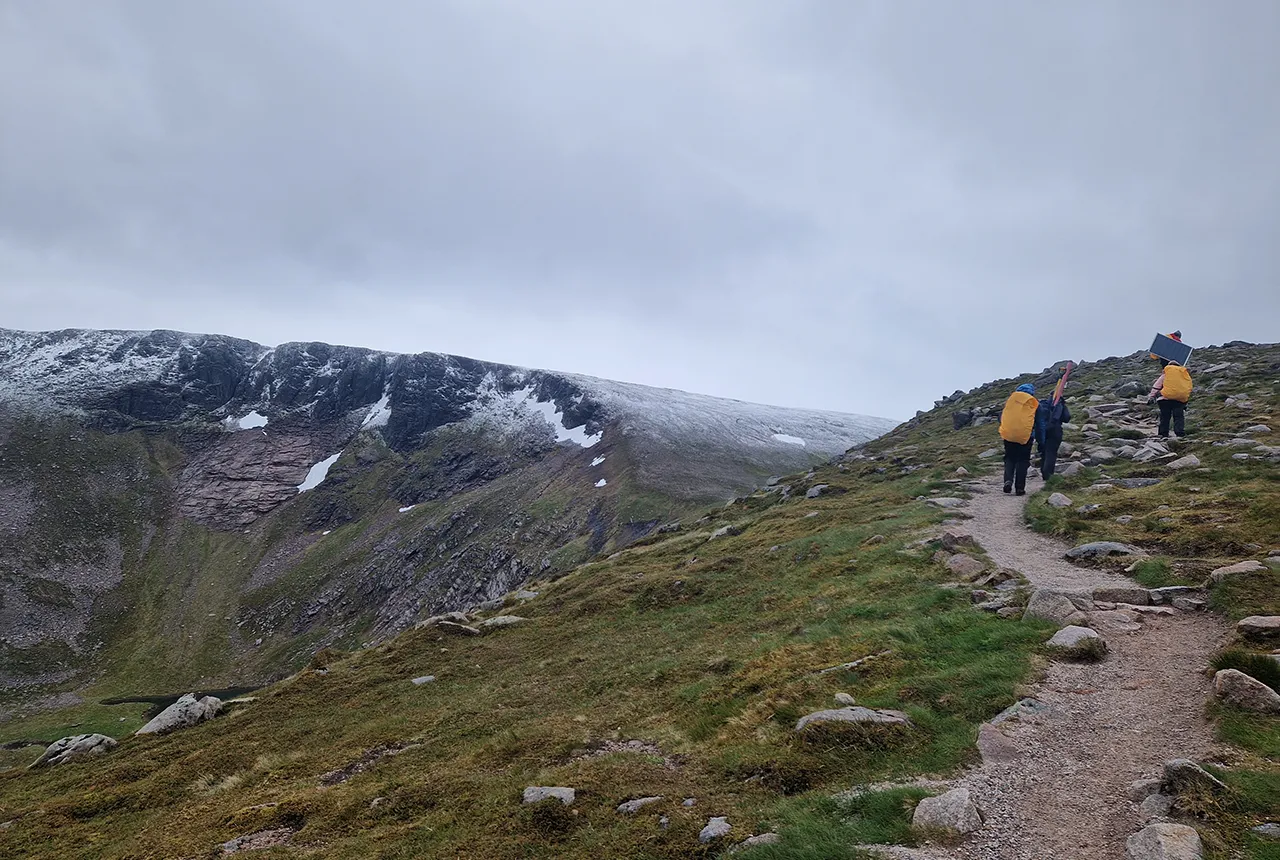
Exploring Scotland’s hidden energy potential with geology and geophysics: fieldwork in the Cairngorms
31/03/2025
BUFI student Innes Campbell discusses his research on Scotland’s radiothermal granites and how a fieldtrip with BGS helped further explore the subject.
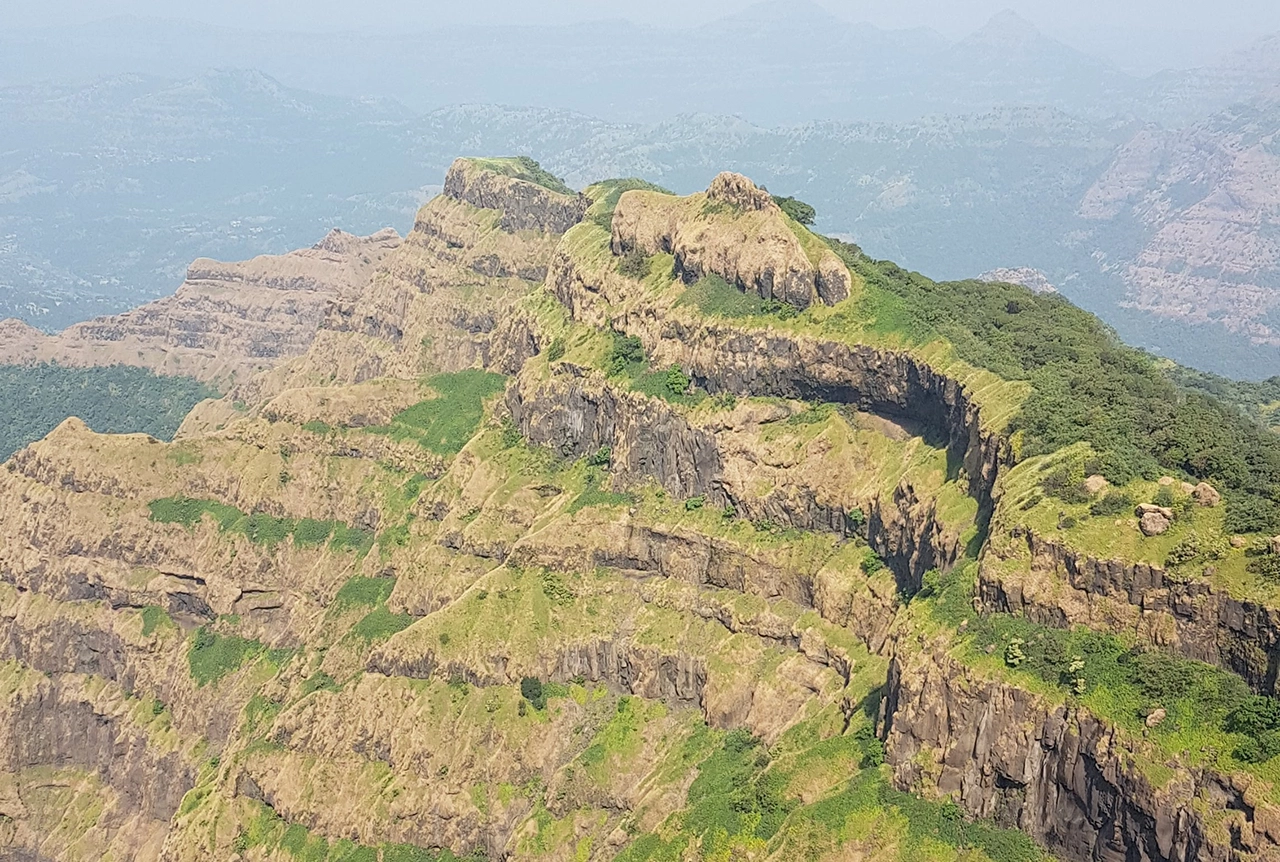
Could underground disposal of carbon dioxide help to reduce India’s emissions?
28/01/2025
BGS geologists have partnered with research institutes in India to explore the potential for carbon capture and storage, with an emphasis on storage.
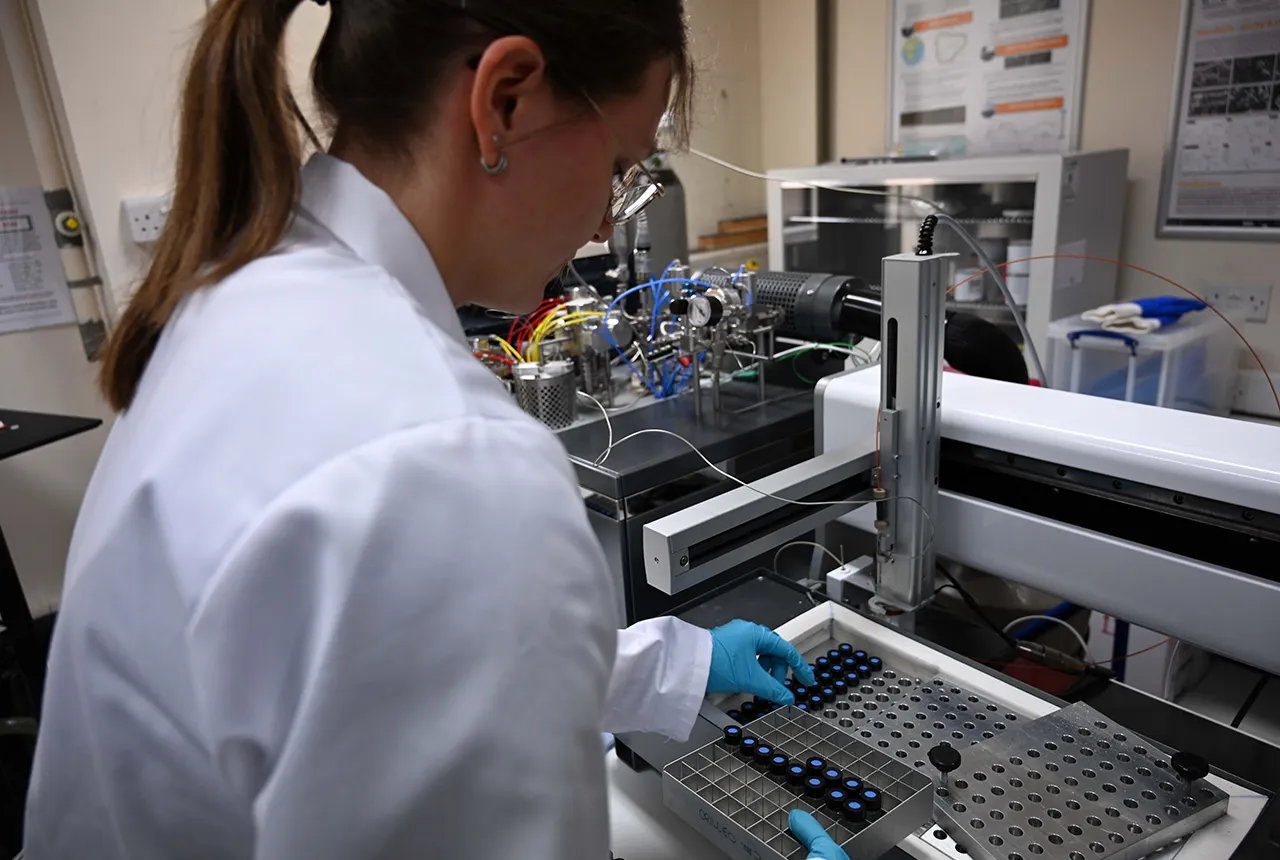
Carbon and oxygen isotope analysis of carbonates and the development of new reference materials
18/12/2024
Dr Charlotte Hipkiss and Kotryna Savickaite explore the importance of standard analysis when testing carbon and oxygen samples.
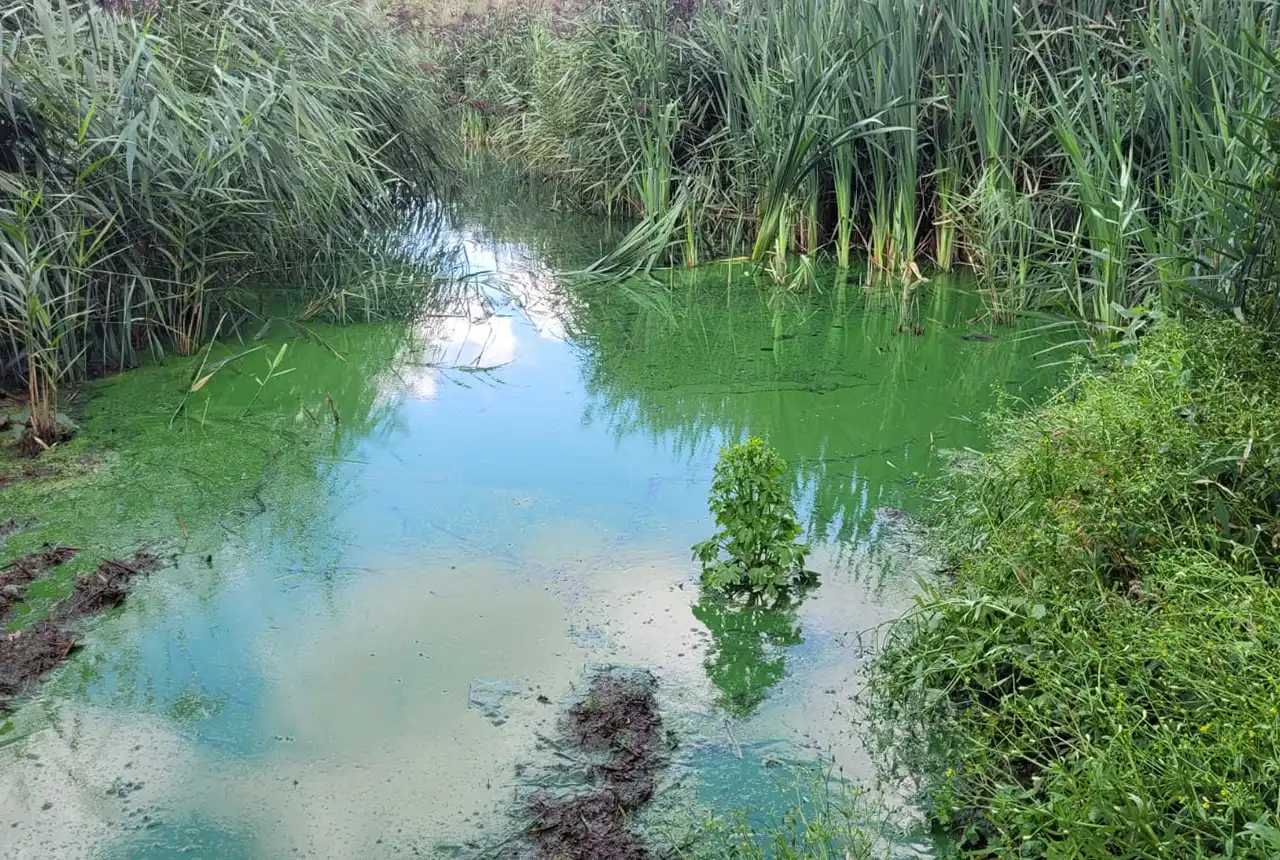
Studying oxygen isotopes in sediments from Rutland Water Nature Reserve
20/11/2024
Chris Bengt visited Rutland Water as part of a project to determine human impact and environmental change in lake sediments.
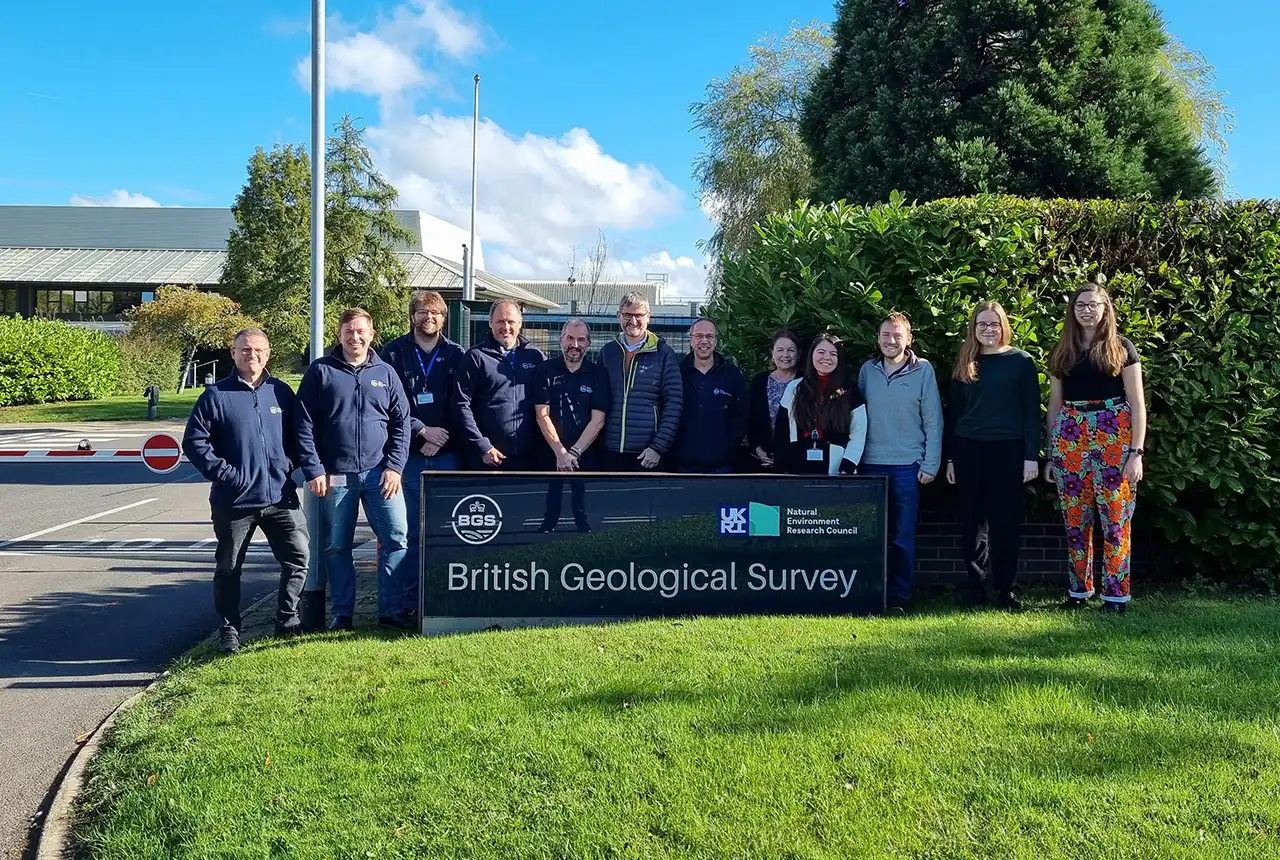
Celebrating 25 years of technical excellence at the BGS Inorganic Geochemistry Facility
08/11/2024
The ISO/IEC 17025 accreditation is evidence of technical excellence and reliability, and a mark of quality assurance.

Electromagnetic geophysics in Japan: a conference experience
23/10/2024
Juliane Huebert took in the fascinating sights of Beppu, Japan, while at a geophysics conference that uses electromagnetic fields to look deep into the Earth and beyond.
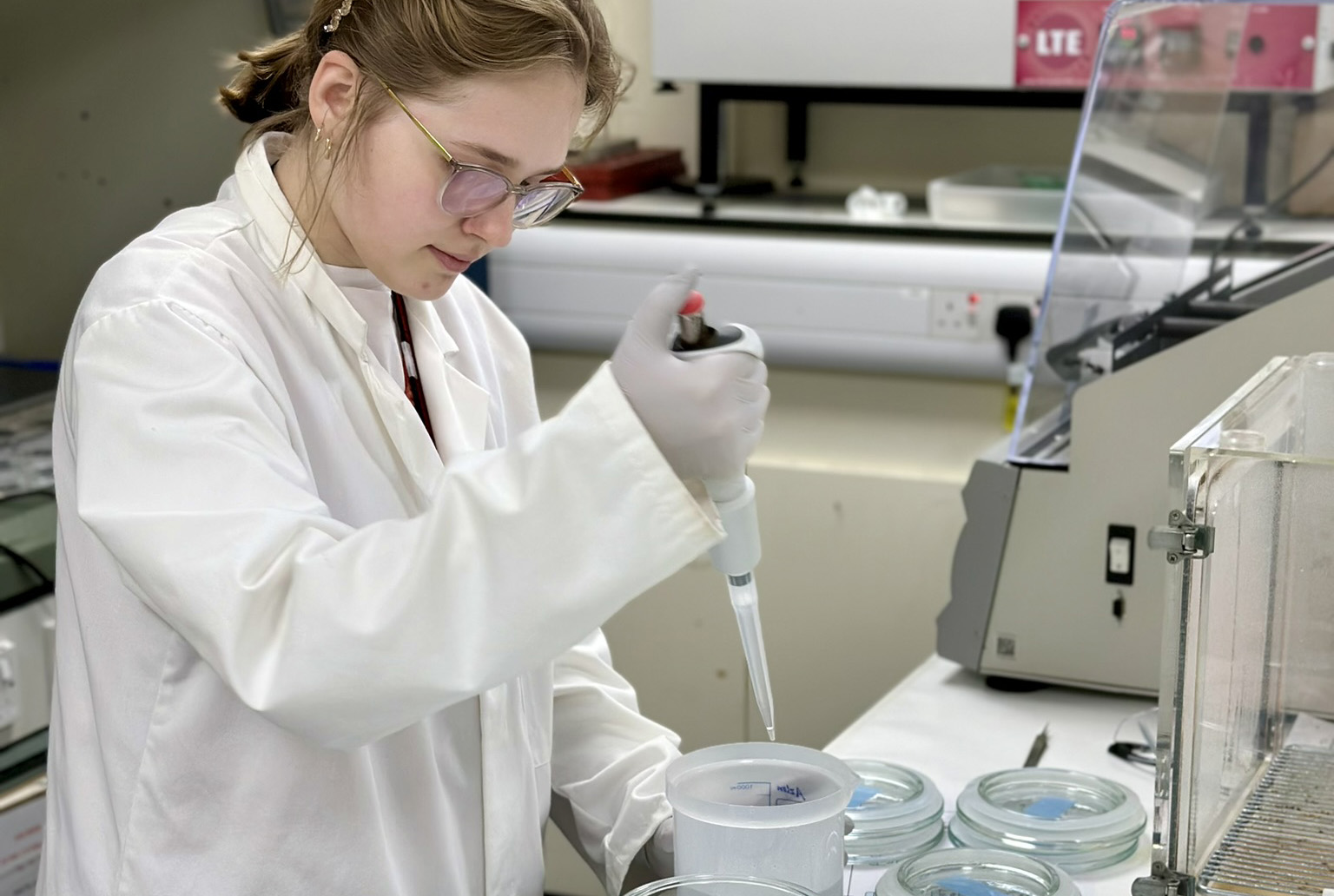
Exploring the role of stable isotope geochemistry in nuclear forensics
09/10/2024
Paulina Baranowska introduces her PhD research investigating the use of oxygen isotopes as a nuclear forensic signature.
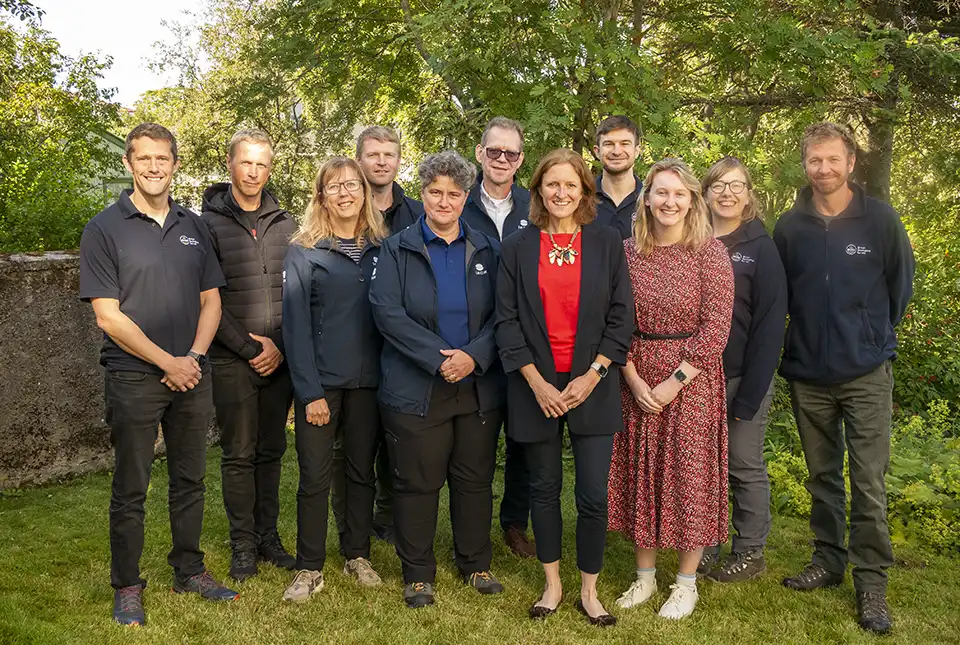
BGS collaborates with Icelandic colleagues to assess windfarm suitability
03/10/2024
Iceland’s offshore geology, geomorphology and climate present all the elements required for renewable energy resources.
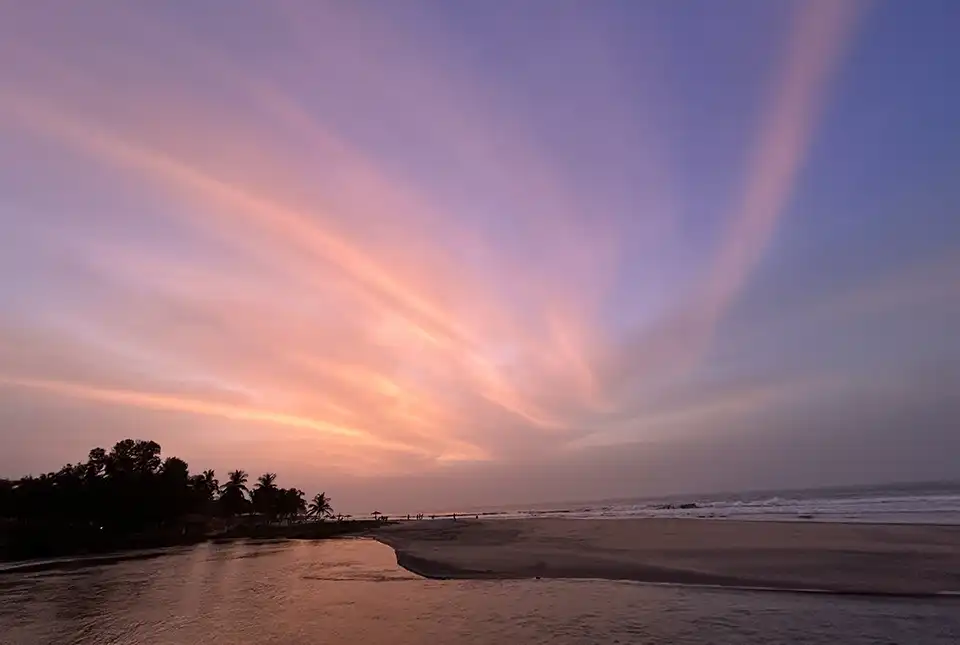
Mining sand sustainably in The Gambia
17/09/2024
BGS geologists Tom Bide and Clive Mitchell travelled to The Gambia as part of our ongoing work aiming to reduce the impact of sand mining.


